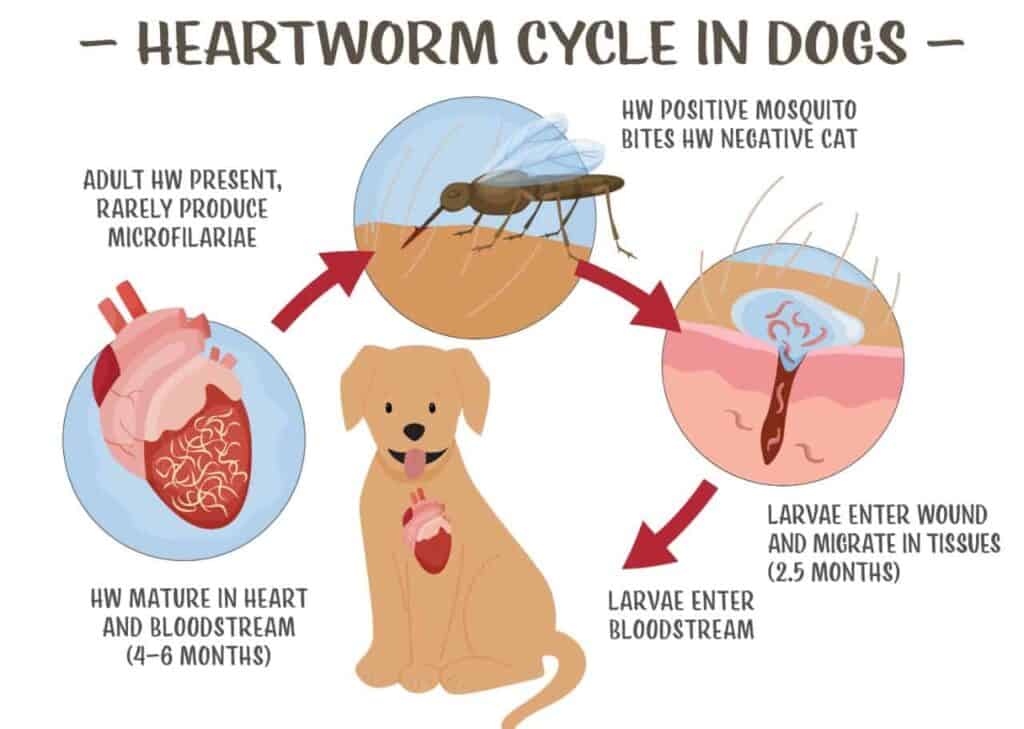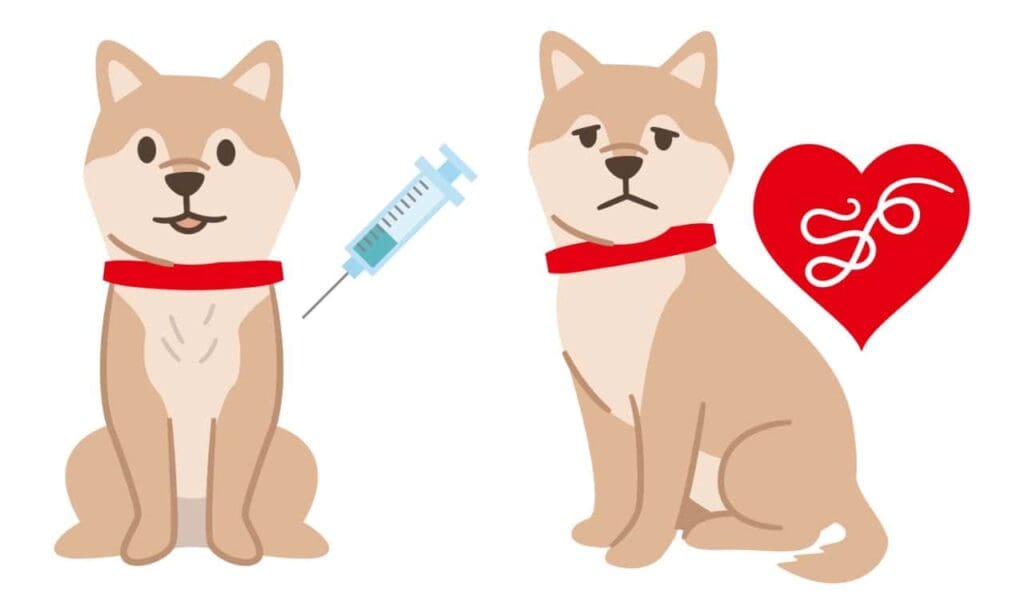Introduction
When it comes to the health and well-being of our furry companions, there are few things more important than safeguarding them against potential dangers. One such threat that pet owners must be aware of is heartworm disease. Although preventable, heartworm disease can be life-threatening if left untreated. In this blog post, we will delve into the details of this condition, including its causes, symptoms, prevention, and treatment options. By understanding heartworm disease, you can take proactive measures to protect your beloved pets and ensure their continued happiness and well-being.
What is Heartworm Disease?
Heartworm disease is a serious and potentially fatal condition that affects dogs, cats, and other mammals. It is caused by parasitic worms known as Dirofilarial immitis, which primarily affect the heart, lungs, and blood vessels of infected animals. These worms can grow up to 12 inches long and can cause significant damage if left untreated.
How Does Heartworm Disease Spread?
The transmission of heartworm disease primarily occurs through the bite of an infected mosquito. When a mosquito bites an infected animal, it ingests the immature form of heartworms called microfilariae. These microfilariae develop further within the mosquito for about two weeks, becoming infective larvae. The mosquito then spreads these larvae to other animals it bites, continuing the cycle of transmission.

Symptoms of Heartworm Disease
The symptoms of heartworm disease may vary depending on the severity of the infestation and the affected animal. In dogs, symptoms may include coughing, fatigue, difficulty breathing, weight loss, and a reduced appetite. Cats, on the other hand, tend to show more subtle signs such as vomiting, coughing, difficulty breathing, and sudden collapse. Unfortunately, in both cases, the symptoms often go unnoticed until the disease has already progressed significantly.
Prevention is Key
Thankfully, heartworm disease is largely preventable through the use of regular preventive medications. These medications, available in the form of pills, topical treatments, or injections, are prescribed by veterinarians based on various factors such as the pet’s species, age, weight, and health condition. By administering preventive medications consistently, you can significantly reduce the risk of your pet contracting heartworm disease.
Diagnosis and Treatment
If heartworm disease is suspected, your veterinarian will conduct a series of tests to confirm the diagnosis. These tests typically involve a blood sample and may include X-rays or ultrasound imaging to evaluate the extent of the infection. If the diagnosis is positive, immediate treatment is necessary to prevent further complications. Treatment typically involves a combination of medications to kill the adult worms, along with rest and limited physical activity to aid recovery.

Living with Heartworm Disease
While prevention is paramount, it’s important to remember that heartworm disease is a treatable condition when detected early. However, it’s crucial to note that treatment can be costly and stressful for your pet. Additionally, there might be complications during treatment, as the dying worms can cause blockages in the lungs and blood vessels. Therefore, it is imperative to prioritize prevention measures and consult your veterinarian for an appropriate preventive plan.
Conclusion
Heartworm disease is a significant health risk to our beloved pets. As responsible pet owners, it is our duty to take proactive steps to protect them from this potentially fatal condition. By understanding the causes, symptoms, and prevention methods, we can ensure the well-being and longevity of our four-legged companions. Regular veterinary check-ups, consistent administration of preventive medications, and keeping them away from mosquito-prone areas are key in keeping our pets safe. Remember, being proactive today can save your pet’s life tomorrow.
